
Recommendation
There are no simple answers to climate change, war, disease and global inequality. Or rather, these are intractable problems that no individual could reasonably hope to solve. But the global problem of food waste is a little different. With food waste, the course of action is mostly clear. Individuals can implement simple protocols to mitigate food waste. Businesses can do even more. In this report, the Boston Consulting Group shows how simple solutions could have an outsized effect on a serious global problem.
Summary
About the Author
The Boston Consulting Group is a global management consulting firm with offices in 50 countries throughout the world. It was founded in 1963.
By the same author
Learners who read this summary also read
Book
Report
Book








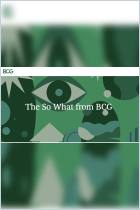
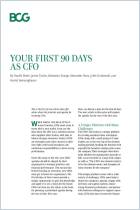
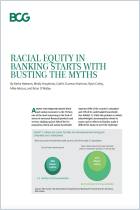
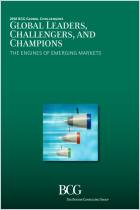
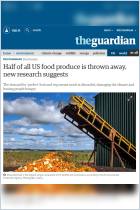
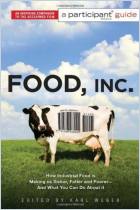

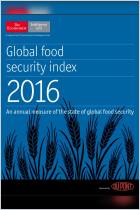

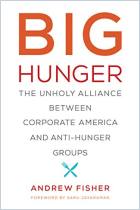





Comment on this summary or Démarrer une discussion